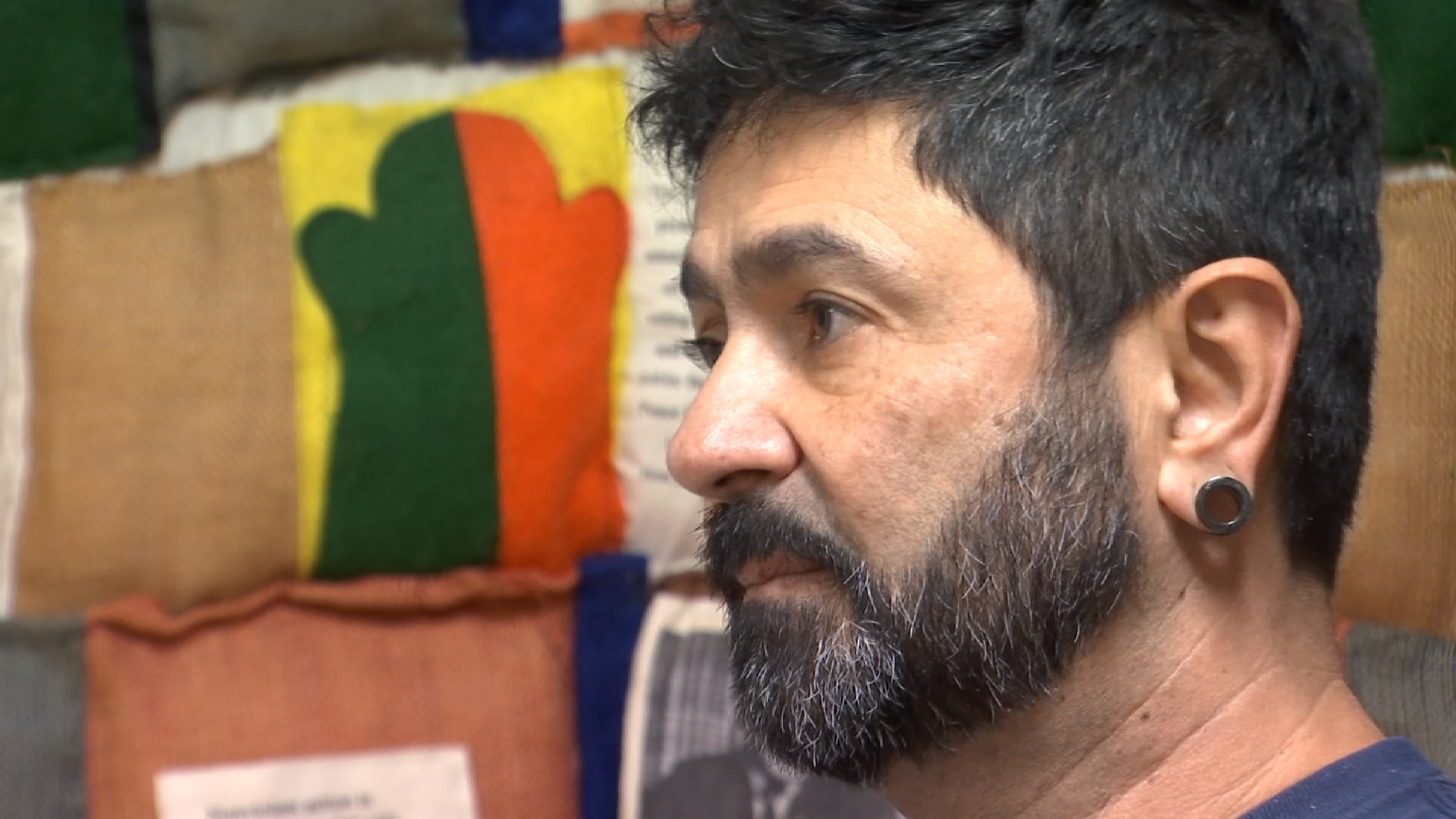Some students heading into college in the next few weeks are still struggling to secure financial aid.
There was a delayed rollout of the new Free Application for Federal Student Aid (FAFSA) form, which presented glitches and delays for universities and families.
The latest update is that schools can no longer submit a bulk number of corrections.
Oftentimes, the biggest corrections to the FAFSA form involve income changes, according to Greg Eichhorn, the vice president of enrollment at the University of New Haven. Other changes could be because a family made a mistake on the application.
Get top local stories in Connecticut delivered to you every morning. Sign up for NBC Connecticut's News Headlines newsletter.
Now that the government is requiring universities to handle corrections individually, it is causing further delays and unintended consequences for the colleges and families.
“It becomes more time intensive, so you have to put more staffing on it, which increases your labor costs, which, you know, just increases costs to the university, you know. So It either means other services are cut back on, or more costs passed on,” said Eichhorn.
This year the University of New Haven has a record number of incoming freshmen, along with a record number of FAFSA applications, almost 9,000, which shows how much the need continues to grow for financial aid.
Local
UNH has been able to process more than 90% of the FASFA applications and families are aware how much financial aid they are receiving.
UNH did not push back its May 1 enrollment deadline, but state colleges and universities in Connecticut did push it to June 1 to allow families extra time to get the FAFSA paperwork sorted.
Western Connecticut State University, Southern Connecticut State University and the University of Connecticut all said they too are helping students through the delayed FAFSA process and have been awarding financial aid throughout the summer.
“Because of the outreach and hard work of the WCSU team, our fall 2024 enrollment goals were not negatively affected by this year’s FAFSA issues. In fact, WCSU is currently realizing a 18% increase (871 fall 2024 versus 715 in fall 2023) in the size of our first-time first-year class,” according to Jay Murray, the vice president of Enrollment Management & Student Affairs, and Mellissa Stephens, the Associate Dean of Enrollment & Financial Aid.
SCSU added, “some students are still facing challenges with the FAFSA process. We are addressing these issues on a case-by-case basis, providing estimated awards whenever possible. These cases represent fewer than 5% of the financial aid applications we’ve received to date.”
At UConn, officials said it has been a labor-intensive process to individually submit corrections and that some students had to file paper applications. Once the U.S. Department of Education processes those paper applications, UConn will provide those students with financial aid offers.



